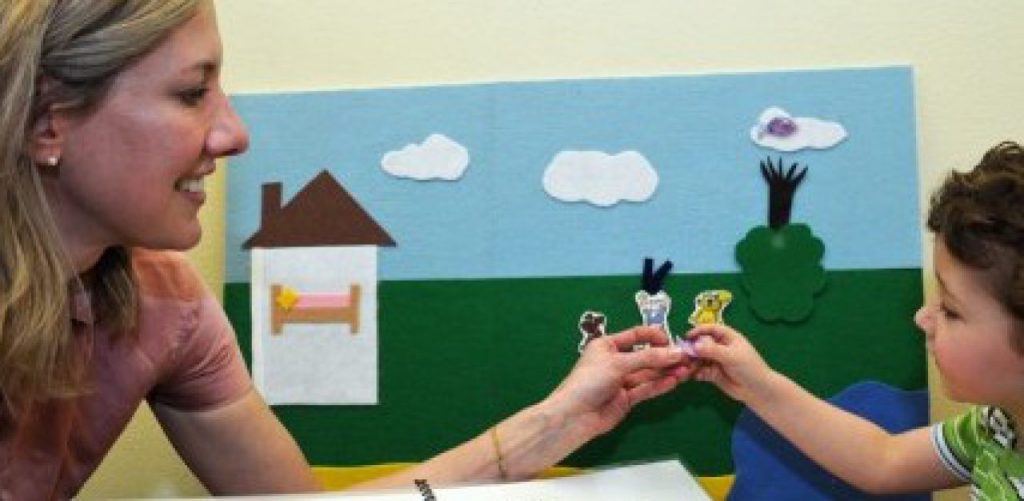
With the first month of school in progress, kindergarteners are adjusting to school and its demands. Encouraging new skills and mental processes will help kids respond productively to the challenges and opportunities they face at school. Parents, teachers and researchers can help kids be more “ready” for early school success by observing children through the lens of executive function.
While executive function sounds like a “grown up” term, it’s actually the foundation for early learning and kindergarten readiness. Executive function is the set of brain and thinking skills—known as neurocognitive skills—that include memory, control over impulses and behaviors (self-control) and the ability to think flexibly. It often involves doing the opposite of what you’re naturally inclined to do, and breaking habitual ways of thinking and acting to help kids get “un-stuck” from problems.
How to Get Ready for Kindergarten
The study of executive function and its effect on school readiness is very important and becoming recognized as a key predictor of many real-world developmental outcomes—like school achievement or behavioral problems—even more so than intelligence. For example, early school success is influenced by being able to sit still and pay attention to the teacher. This is actually a more important determinant than a high IQ. For some students, a lack of executive function can contribute to challenges with problem-solving or learning tasks.
The building blocks of executive function begin in infancy and these skills continue to improve through late adolescence. The pre-K years are the period of greatest neuroplasticity, or flexible brain development. This is the period when the brain cortex is re-organizing and new connections are wired. So it’s the best age window to focus on developing executive function for later school success. It’s crucial for parents and teachers to intervene with kids during their preschool years so they can prepare for school.
Learning to be Flexible makes a Difference
My team at ICD (Institute of Child Development) at UMN CEHD focuses on cognitive flexibility which helps kids consider what choices they have, so they can make good ones. We also develop games to engage in pretend play, which helps boost executive function in 3-5 year olds. For instance, we help kids act out a story called Planet Opposite—all about switching roles to get “unstuck” from problems. Planet Opposite presents a topsy-turvy world where we walk on our hands, it’s dark out during the day and light at night. It prepares kids to be in a more flexible state of mind, and lets kids stretch beyond their own perspective—a key ingredient to executive function.
Tips for Parents and Teachers to Boost Executive Function
The early school years are vital because research shows that students who don’t acquire age-appropriate reading skills in kindergarten through second grade tend to perform below their classmates as they proceed in school. Here are some simple ways to train executive function in our kids:
1. Pretend play: Don’t be afraid to be silly! Play with the idea of opposites or imagining. Your child can be a favorite character such as Dora or Bob the Builder. How would they approach a task? This lets your child see issues from different angles.
2. Encourage group creativity: If kids are playing house with siblings or friends, encourage them to switch roles. This encourages your child to “step into someone else’s shoes.”
3. Go low tech: Games are a natural (and low cost) way to help kids develop executive function. Even classic board games like Candy Land or playground games like Simon Says require sustained attention, memory, self-control and planning.
4. Embrace errors: When kids make mistakes, encourage them to talk about it out loud to themselves. One of the best ways to encourage this is to model it by telling them about your own executive function errors (such as trying to fit your office key into the lock when you get home). Self-talk will help them consciously control their habits over time, and promotes delayed gratification and self-control.
Behavior management is really the most important skill for kids to be ready for kindergarten and beyond—even more important than word knowledge or number skills. Executive function skills are the foundation for learning.



